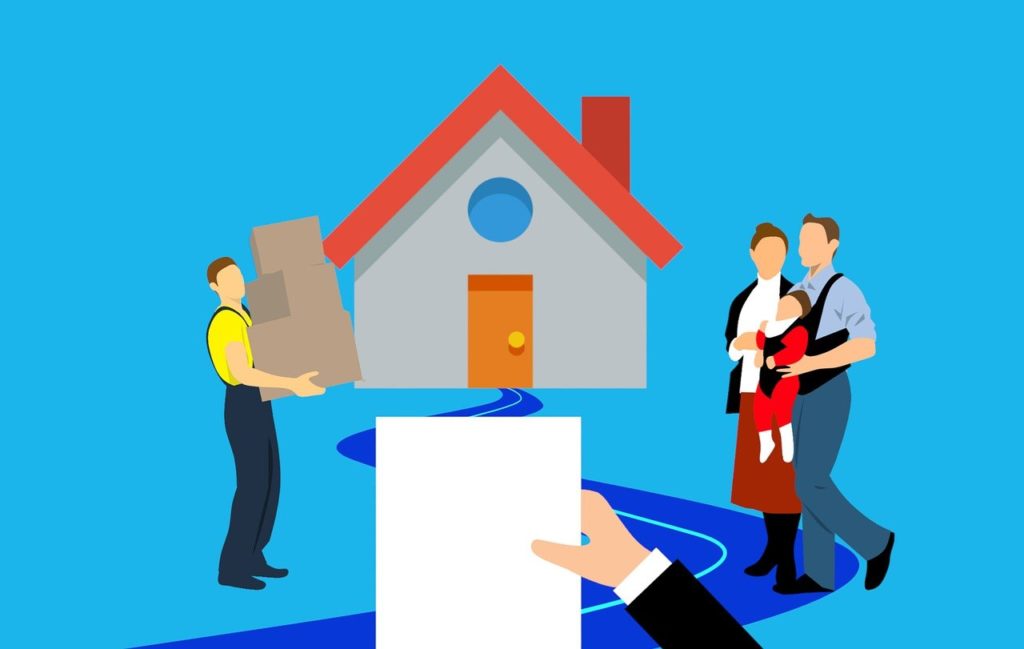What You Should Know About Reverse Mortgages:
Reverse mortgages are often advertised to seniors as a popular way to access the equity of their homes. These mortgages are attractive to consumers who seek a quick source of cash during the current economic slump. Homeowners should understand all the costs, terms, and conditions before they apply for a reverse mortgage.
A reverse mortgage allows homeowners to convert part of the equity in a home to cash without having to sell the property. The cash is typically paid to you in installments or a lump sum, so you won’t usually pay anything back if you live in your house.
Due to the attractiveness of these loans, senior citizens should guard against excessive upfront fees. Many services are available for free or at a low cost through the Department of Housing and Urban Development.
Reverse mortgages also may come with some significant strings. This mortgage defers repayment of the mortgage until the owner moves out of their home or dies. So, the amount owed will grow substantially over time. Interest charges add to the loan each day it’s held, so it’s possible the mortgage may grow to equal the value of the home. People who take out reverse mortgages also are still responsible for property taxes, insurance, and maintenance costs.
Some ads say heirs inherit the home, but remember, to keep it, they must pay off the reverse mortgage loan along with possible fees and charges that add up.
Those who need cash might consider getting a less costly home equity line of credit and check into programs that help defer or lower taxes and utility bills.
Tips to Consider Before Applying for a Reverse Mortgage:
Know the Basic Requirements
To apply for a reverse mortgage, a senior must be 62 years or older and have equity in the home. The home must be the primary residence and remain in good condition. A Home Equity Conversion Mortgage is the only government-insured reverse mortgage. With a HECM, the loan process can’t begin until the senior receives counseling from a HECM counselor. Factors such as age, the type of product, the value of the house, and how much you owe on your house all contribute to the amount you may borrow.
• Consult a HECM counselor. A HECM counselor can help to answer questions regarding eligibility, financial implications, and other alternatives. The Fair Housing Association (FHA) does not recommend using any service charging a fee for referring a borrower to an FHA lender, as FHA provides all the information free of charge, and HECM housing counselors are available free or at a low cost.
• Involve heirs in the decision. Since a reverse mortgage affects the assets of the borrower in case of death, involving heirs can prevent future misunderstandings.
Make Sure a Reverse Mortgage Suits Your Needs
• Determine whether it is practical to keep the home long enough to make the reverse mortgage economical. Consider future health care needs as well as safety and ease of use of the home.
• Consider all the costs needed to obtain a reverse mortgage. Prepare to pay for some of the fees involved in the processing of a reverse mortgage loan. This may include an origination fee, closing costs, a mortgage insurance premium, a servicing fee, and the interest rate.
• Understand the repayment terms. A reverse mortgage loan must be repaid in full when the owner dies or sells the home. Other conditions that affect loan repayments include the failure to pay property taxes or hazard insurance, allowing the property to deteriorate, and the borrower permanently moving. In addition, having a new primary residence or failing to live in the home for 12 consecutive months can affect repayment as well.
For a full list of reverse mortgage requirements, contact the U.S. Department of Housing and Urban Development.


